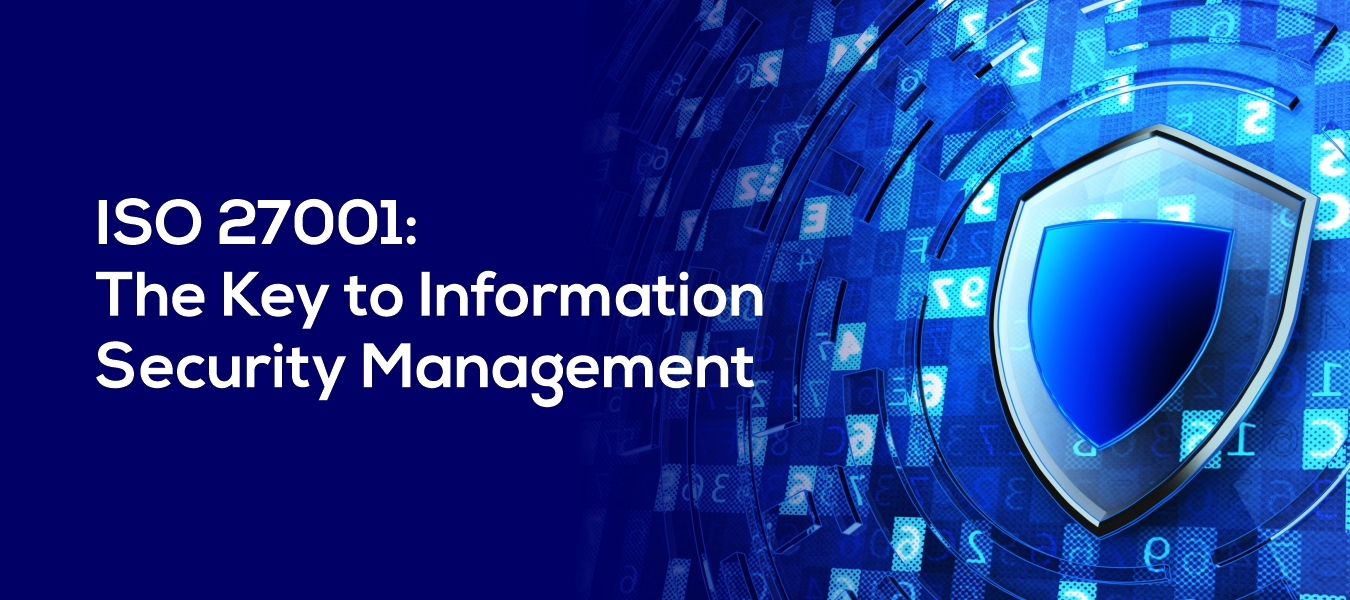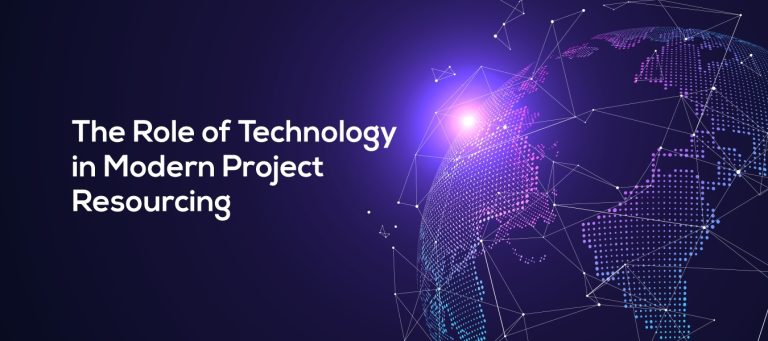Data breaches and cyber threats are constant threats that should not be underestimated, organizations must prioritize information security to safeguard sensitive information, protect customer trust, and maintain regulatory compliance. One internationally recognized framework that helps achieve these goals is ISO 27001. But what exactly is ISO 27001, and why is it essential for information security management?
ISO 27001, formally known as ISO/IEC 27001:2013, is the global standard for Information Security Management Systems (ISMS). Developed by the International Organization for Standardization (ISO) and the International Electrotechnical Commission (IEC), ISO 27001 provides a systematic approach to managing sensitive company information, ensuring its confidentiality, integrity, and availability.
At its core, ISO 27001 is designed to help organizations establish, implement, maintain, and continually improve an effective ISMS. This involves identifying information security risks, implementing appropriate controls to mitigate these risks, and regularly monitoring and reviewing the ISMS to ensure its effectiveness.
But why is ISO 27001 important in information security management?
1. Comprehensive Risk Management
ISO 27001 requires organizations to conduct a thorough risk assessment to identify potential threats and vulnerabilities to their information assets. By understanding these risks, organizations can implement targeted controls to mitigate them, thereby reducing the likelihood of security incidents and data breaches.
2. Legal and Regulatory Compliance
Compliance with data protection laws and industry regulations is non-negotiable. ISO 27001 provides a framework for organizations to demonstrate compliance with various legal and regulatory requirements, such as the Nigerian Data Protection Regulation (NDPR), the National Information Technology Development Agency (NITDA) Guidelines, and the Central Bank of Nigeria (CBN) regulations.
3. Enhanced Credibility and Trust
Achieving ISO 27001 certification signals to customers, partners, and stakeholders that an organization takes information security seriously and has implemented robust measures to protect their sensitive data. This enhanced credibility can differentiate organizations in the marketplace, build trust with customers, and open doors to new business opportunities.
4. Continual Improvement
ISO 27001 promotes a culture of continual improvement by requiring organizations to regularly monitor, measure, and evaluate the performance of their ISMS. Through ongoing assessment and refinement, organizations can adapt to evolving threats, technologies, and business requirements, ensuring that their information security practices remain effective and resilient over time.
ISO 27001 is an international standard that outlines guidelines and best practices for information security management. It provides a comprehensive framework for organizations to manage information security risks effectively. The standard is designed to help companies identify, assess, and mitigate potential risks associated with information security.
ISO 27001 requires organizations to implement a risk management process that includes identifying and assessing threats, vulnerabilities, and impacts to their information assets. This process helps organizations determine the likelihood and potential impact of various security incidents and prioritize their response efforts accordingly.
Furthermore, ISO 27001 establishes a set of controls and measures that organizations can implement to mitigate risks and protect their information assets. These controls cover various aspects of information security, such as access control, asset management, incident management, and business continuity planning.
Overall, ISO 27001 is a critical component of information security management, as it provides organizations with a structured approach to managing security risks. By implementing the standard’s guidelines and best practices, organizations can improve their resilience to security incidents and protect their information assets from various threats. By achieving ISO 27001 certification, organizations can enhance their security posture, achieve regulatory compliance, and inspire trust and confidence among stakeholders. At a global level, ISO 27001 is not just a certification; it is a cornerstone of effective information security governance. Would you like to learn more about how ISO 27001 can benefit your organization? Reach out to us today for personalized guidance and support on your information security journey.




